

Nigeria’s Aviation Future: Between Domestic Growth and National Pride
By gabriel AGBEJA
 Minister of Aviation and Aerospace Development, Festus Keyamo
Minister of Aviation and Aerospace Development, Festus Keyamo
The Federal Government’s pursuit of a national carrier has been a long-standing endeavour, marked by both initial successes and subsequent setbacks.
From the records, Nigeria had made not less than 11 attempts to float a national carrier, out of which only four, – Nigeria Airways, Virgin Nigeria, Nigeria Eagle and Air Nigeria – took off.
The four attempts mentioned above took off by having aircrafts and staff members, while the other seven shots were just idea that never saw the light of the day.
The establishment of a national carrier, therefore, has been a recurring theme, not just because it represents national pride but also it creates jobs, boosts tourism, fosters international trade, generates revenues and supports economic growth.
It was, therefore not surprising that the recent announcement, that the federal government would no longer push for the establishment of a national carrier was greeted with mixed reactions from stakeholders.
The Minister of Aviation and Aerospace Development, Festus Keyamo, recently at a function in Lagos, disclosed that the federal government would no longer establish a national carrier, but gives full support to the growth and expansion of domestic airlines.
During the launch of a book: ‘100 Years of Civil Aviation in Nigeria: History, Issues and Prospects’ written by Wole Shadare, the minister said the administration of President Bola Tinubu is committed to driving policies that would support the growth and development of local airlines,
Clarifying his position, Keyamo on his verified X handle (@fkeyamo) said: “While not directly investing in a new national carrier, the government remains open to private or public, for establishing a national carrier that benefits Nigeria”.
With the clarification made by the minister, it is pertinent to distinguish between a national carrier and a flag carrier to know the direction of the government in floating a wing for the country.
A national carrier is an airline that is wholly government-owned and operated, representing the country in aviation-related bilateral agreements.
Examples of national carriers include, Air France (France), Qantas (Australia), and Emirates (UAE). It can also be owned by government and privately managed as we have with Ethiopian Airlines (ET).
A flag carrier, on the other hand, is a privately-owned airline that is designated by the government to represent the country on international routes. Example are United Airline or Delta Air in America, British Airways in United Kingdom and Lufthansa in Germany.
It is important to note that, while both types of airlines fly under the flag of a country, the distinction lies in their ownership and operational structure.
Like Emirate, Qatar Airways, the defunct Nigeria Airways was a wholly owned entity of the Nigerian government for most of its existence.
Established in 1958 as West African Airways Corporation Nigeria (WAAC Nigeria) and later changed to Nigeria Airways in 1971, the defunct national airline was the embodiment of Nigeria’s presence in international aviation.
For over 40 years, before ceasing operations in 2003, the airline linked various destinations within Nigeria, West and Central Africa. It also operated intercontinental flights to Europe, USA, Middle East and Asia,
The airline which employed thousands of workers directly and indirectly, operated various models of Boeing aircraft and diverse fleet with specific configurations.
Plagued by mis-management, corruption and overstaffing, at the time of closure in 2003, the airline had debts of more than 60 million dollar (equivalent of about 91.8 billion dollar as at present)
The latest of the attempts to have a national carrier was the inauguration of Nigeria Air on May 27, 2023, just 48 hours before the end of the tenure of the immediate past administration of former President Muhammadu Buhari.
The then Minister of Aviation, Hadi Sirika had in 2018, during the Farnborough International Airshow in London made public, the Federal government partnership with the Ethiopian Air to float the Nigeria Air.
Under the shared ownership of the airline, ET had the controlling interest with a 49 per cent stake. Institutional investors like MRS had 46 per cent and the Federal government had just five per cent.
From the plan, ET was to manage the airline’s operations under a management contract, which would connect the local Nigerian market with international markets and destinations.
Aviation stakeholders, were, however, opposed to the structure of the deal contending that the airline was neither government owned national carrier nor locally owned flag carrier.
They argued that the Nigeria Air was owned and controlled by foreign entity that could operate domestic routes and international flight flown from and to Nigeria.
“The deal presents Nigeria Air as a foreign owned, government-backed airline that will fly internationally and also on domestic routes.
“We can also see that the deal is just business for ET to fulfill its objective of becoming Africa aviation hub.
“National carrier are more than just business for countries. They inspire national pride for the citizens
“Under the current circumstances, the Nigeria Air could do more harm than good,” industry expert , Dumebi Oluwole said
Oluwole also contended that the deal was in violation of Article 7 of the International Civil Aviation Organisation (ICAO) Convention that guides airlines operation worldwide.
The article, according to him, is called cabotage and provides that foreign airlines should not run operations with special privileges exclusively in a state.
The Airline Operators of Nigeria, who was also displeased by the formation of the carrier had also sued the Federal government to stop the floating of the airline on the grounds that the national carrier project did not show fairness, equity, and transparency.
Besides the opposition and the legal encumbrance, the inauguration of the airline was also marred by scandal with the report that Sirika chartered an ET aircraft for the launch.
When Keyamo assumed office as minister, he also criticised the ET national carrier deal that it was unfair to Nigerian airlines.
According to him, it would be irresponsible for the Federal government to allow a foreign entity to monopolise the nation’s aviation industry,thereby compromising the growth of local businesses.
The Minister declared the deal as “fraudulent and anti Nigeria” and announced the federal government’s decision to suspend it indefinitely.
Some industry players had welcomed the suspension of the ET Air Nigeria deal and the declaration by the minister that the federal government would no longer invest any funds in establishing a national carrier.
In an interview with the News Agency of Nigeria (NAN), Group Capt. John Ojikutu, said there was no reason to continue calling for a National Carrier after the Privatisation, Commercialisation and Concession Act of 2000.
Ojikutu, the former Commandant of Murtala Muhammed International Airport, Lagos, said, in line with the Minister’s position what the country needed is a flag carrier.
He however, argued that the government must take up the responsibility of designating the flag carrier if the airline must operate on the Bilateral Aviation Safety Agreement (BASA).
According to him, a wholly government funded and operated national carrier would result in a repeat of the Nigeria Airways experiences of corruption and mismanagement.
“Any attempt to continue with the idea of a National Carrier is a way to forming a government airline for government officials and not necessarily for the Nigerian citizens,” he said
Mr Abdulmalik Jibreel , Aero Contractors Inter- Governmental and Business Development Manager shared the sentiment of Ojikutu on the need for the country to have a flag bearer .
According to him, an efficient flag carrier would contribute to the nation’s aviation industry’s growth and be a mix of domestic, regional, and international routes, strategically designed to connect Nigeria to the world and contribute to the economy.
He added that it would maximise the benefits from Bilateral Air Service Agreements (BASA) and the Single African Air Transport Market (SAATM).
Jibreel, however explained that establishing a national airline independently, without government involvement and support, would be complex and challenging.
Mr Oluwaseun Jegede, an aviation finance expert suggested a merger of the liquidated Arik Air and Aero Contractor under the management of AMCON, to birthe a national carrier
Jegede said the idea would safe the federal government the financial commitment of buying new aircrafts and lay to rest the challenge of huge debt owed by the former managements of the two airlines.
On the contrary, Mr Wale Otubanjo, a former Flight Captain with the defunct Nigeria Airways, said national carrier is a national pride and should be funded by the government.
According to him, the pitfall of the Nigeria Airways was mainly mismanagement which could be averted.
Justifying the importance of a national carrier to a country, Otubanjo referenced the decision of the South Africa government to keep its national wing, South African Air, afloat even when it has not made profit in more than a decade.
Similarly, Mr Hector Nnadi, the Chairman of Joint Consultative and Negotiating Council (JCNC), said re-establishment of a national carrier would be for the benefit of the Nigerian aviation community, the flying public, and the nation’s economy as a whole.
According to him, with proper management a national carrier would be a key driver of economic growth and development for the country with far-reaching impacts on various sectors.
By and large, there is a strong consensus that Nigeria needs a national carrier or flag carrier, and the current administration should doubled its efforts to establish one.
While some argued against government involvement, citing potential inefficiencies and the success of privately-owned airlines elsewhere, many believed a national carrier is crucial for Nigeria’s aviation sector and overall economic development.
Credit NAN/Gabriel Agbeja

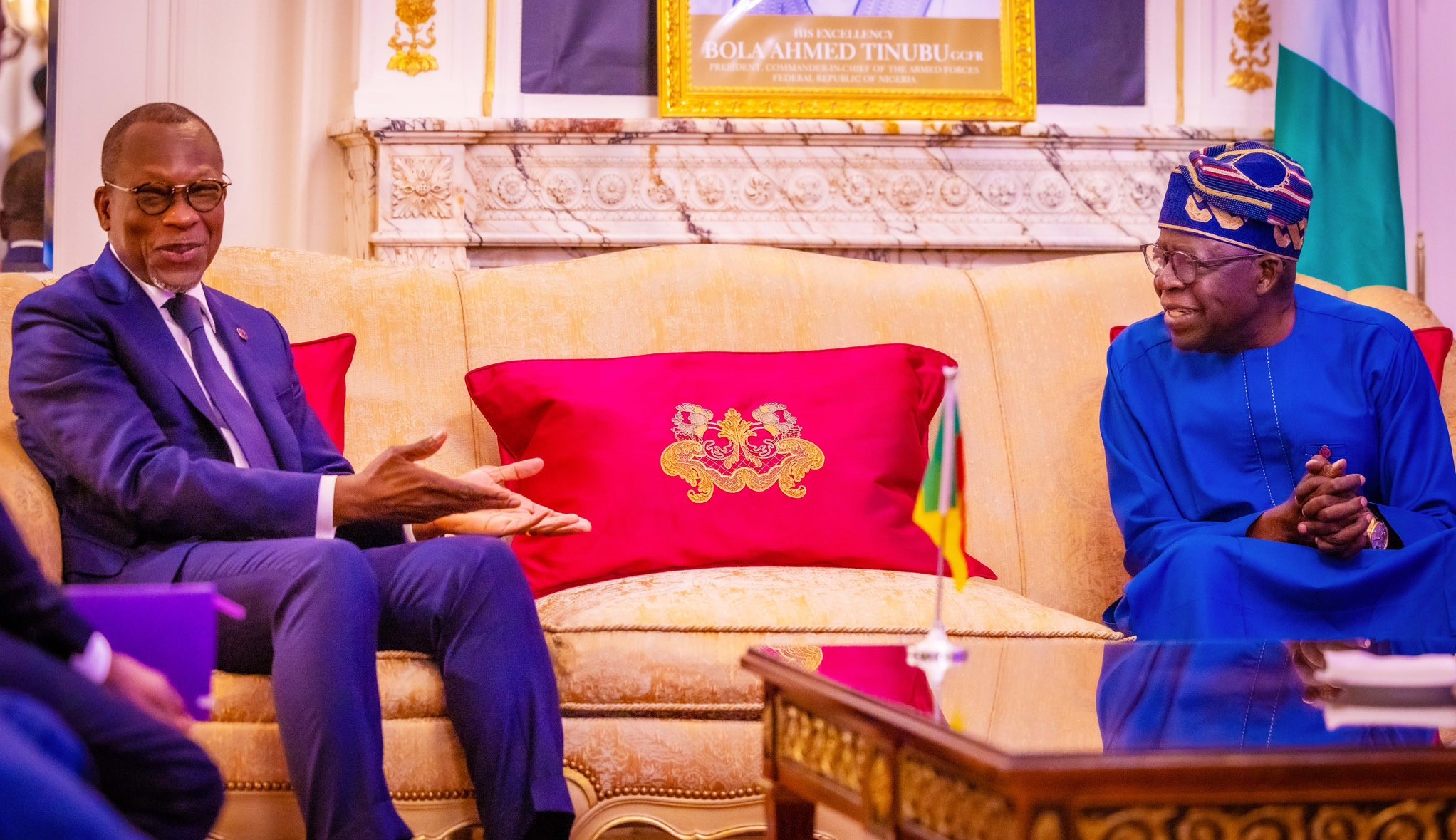
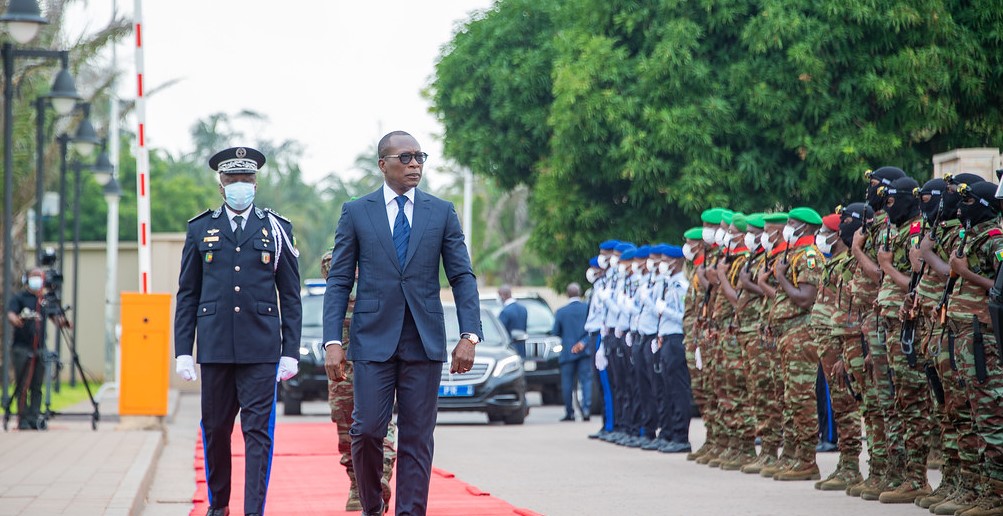
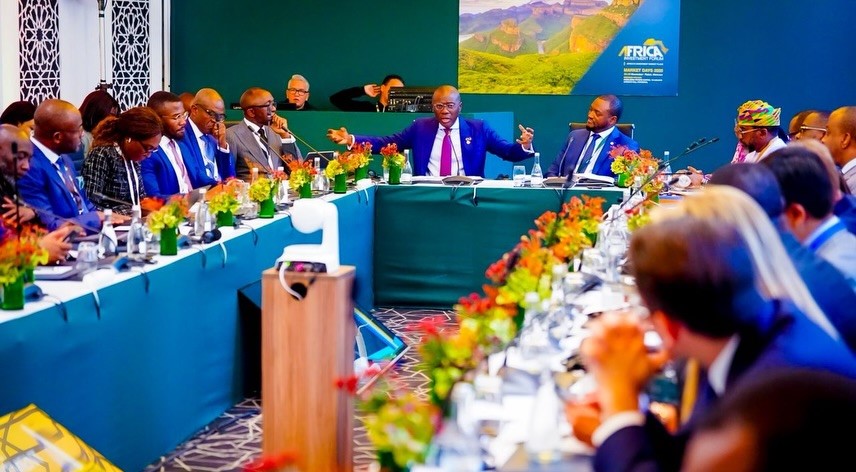
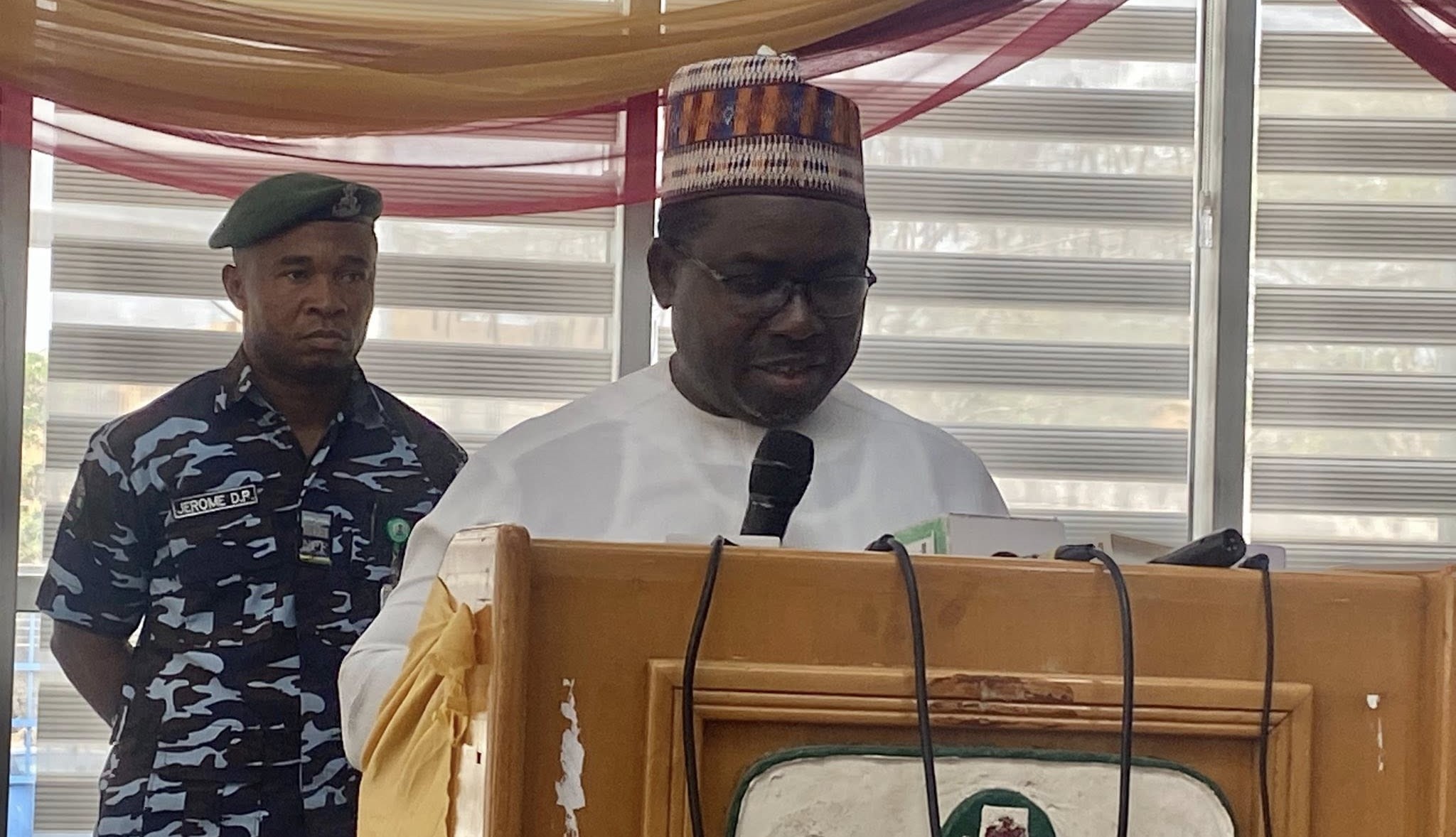
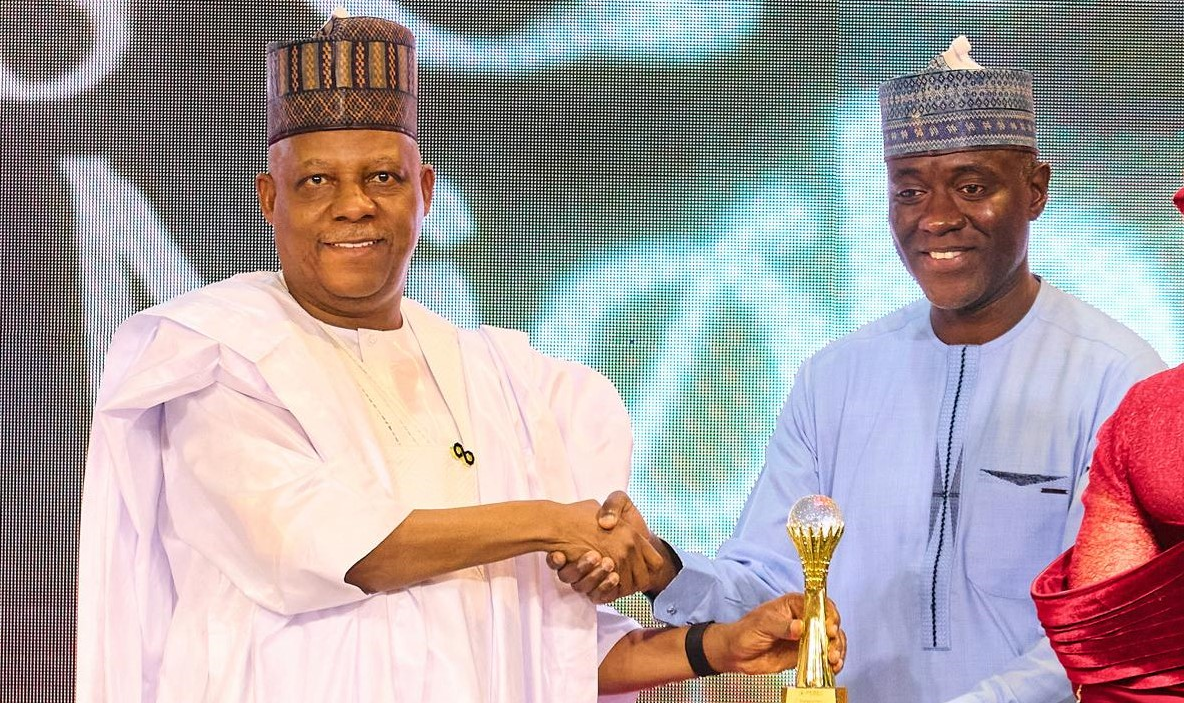
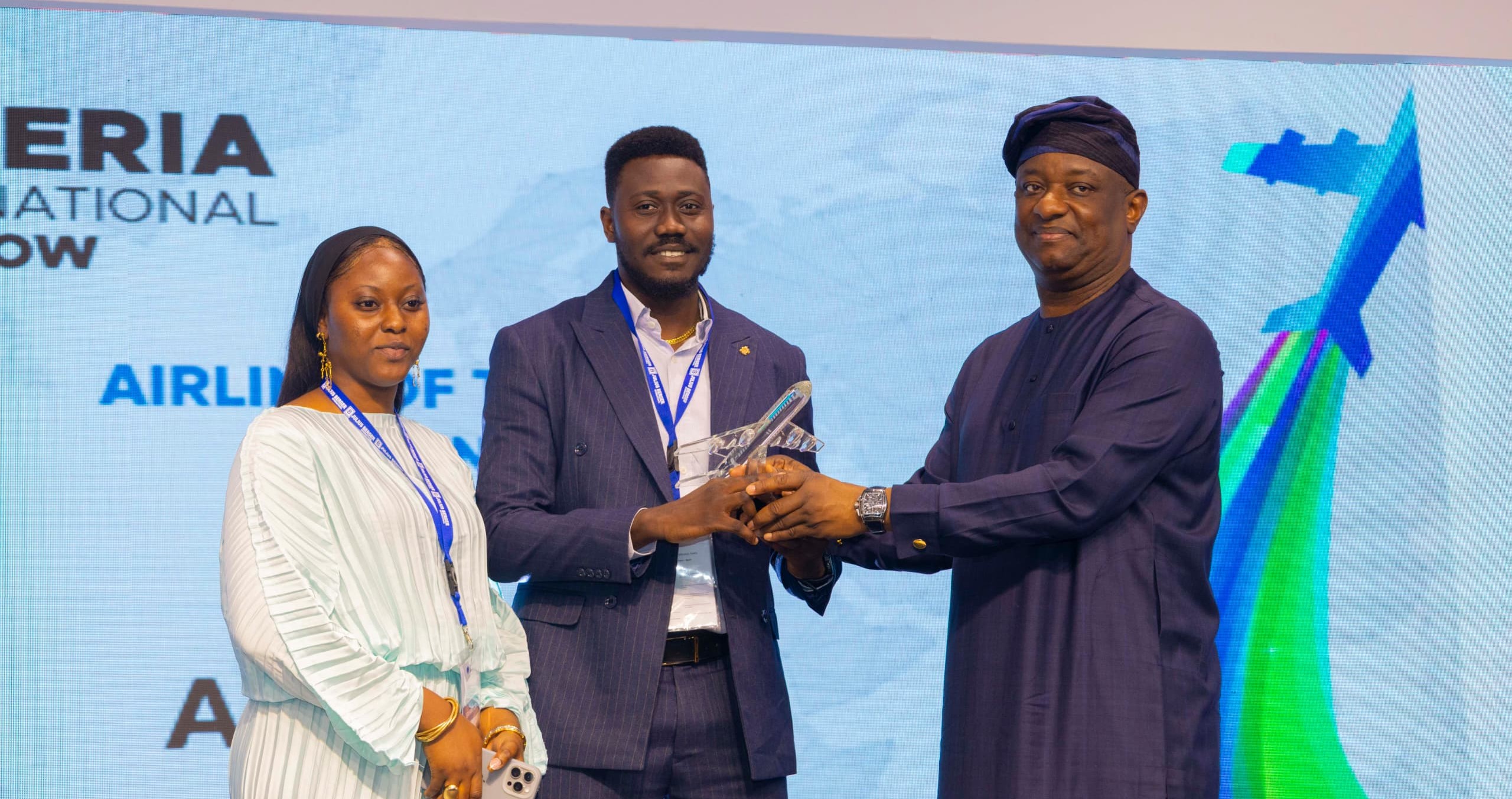
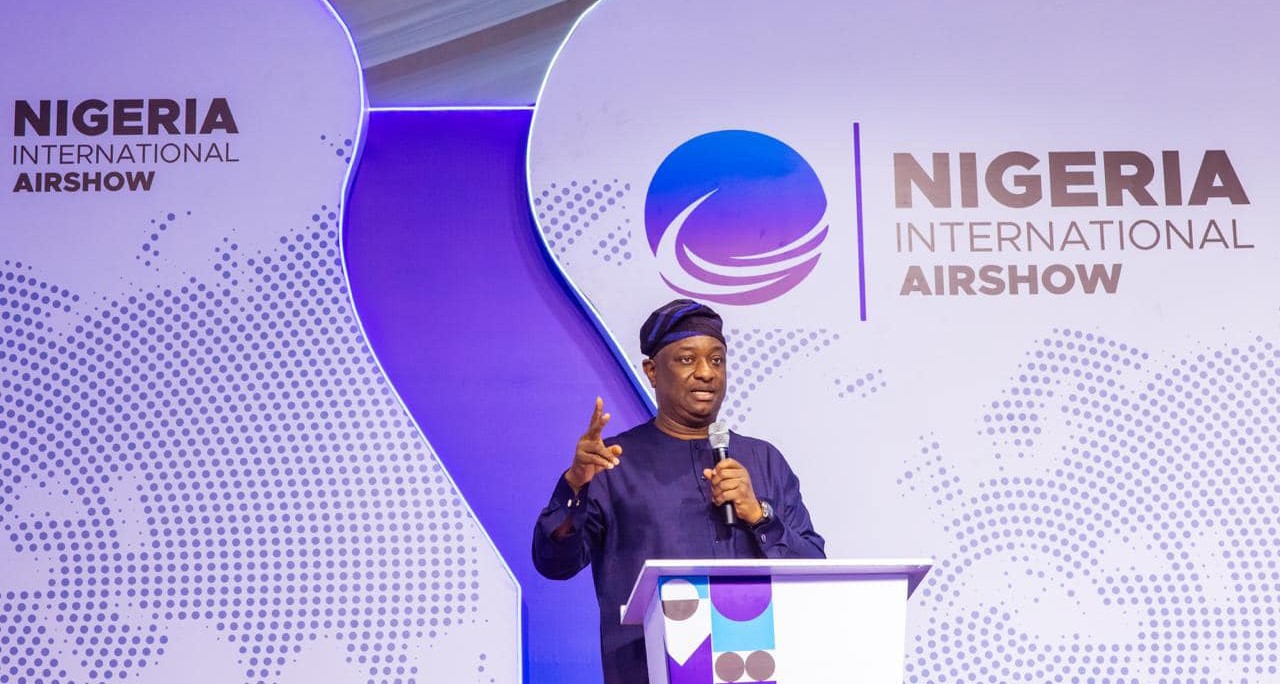

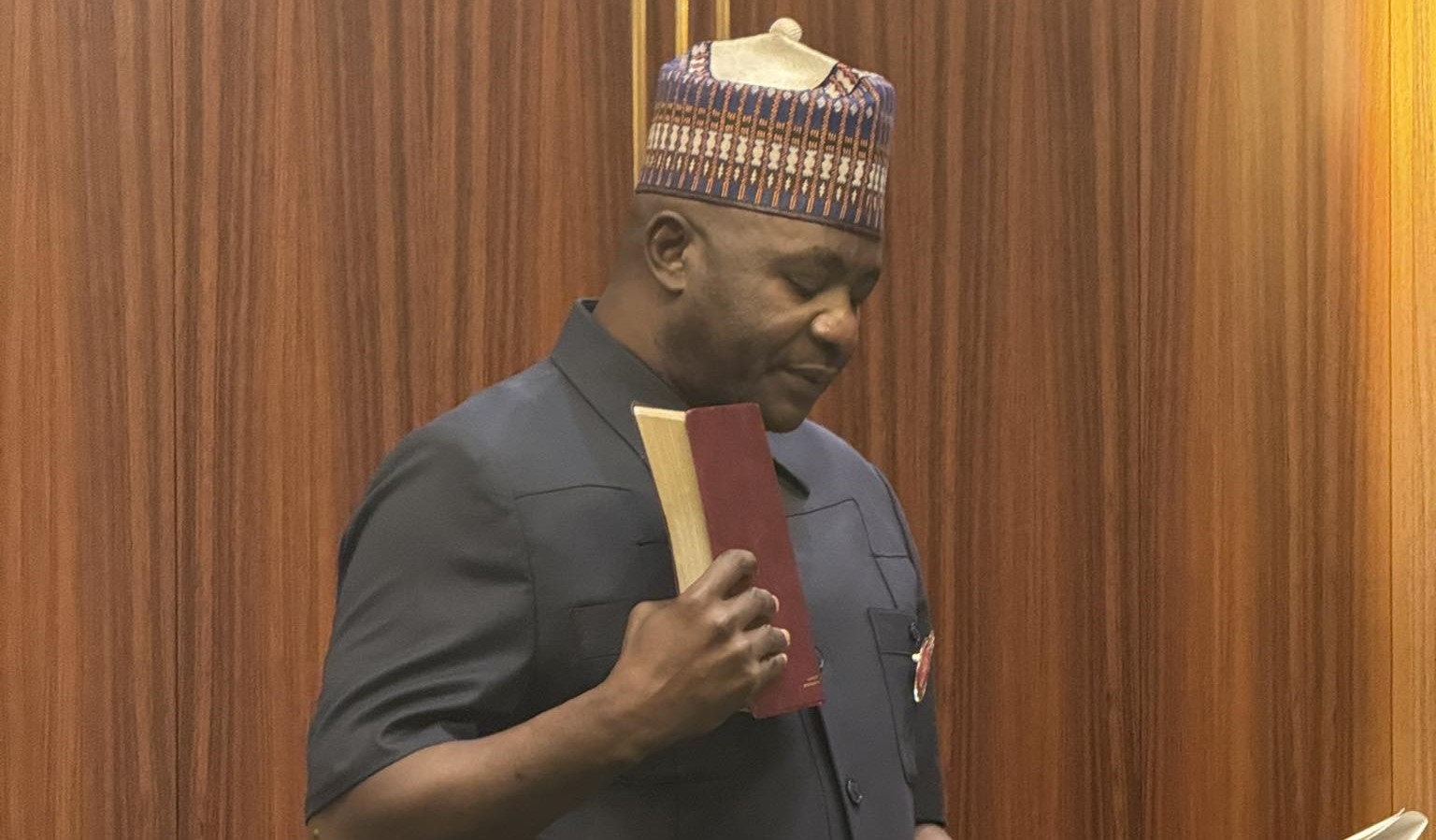
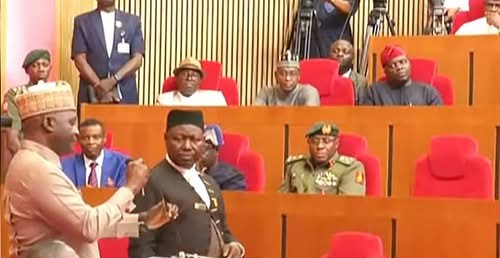
Comments
Be the first to comment on this post
Leave a Reply